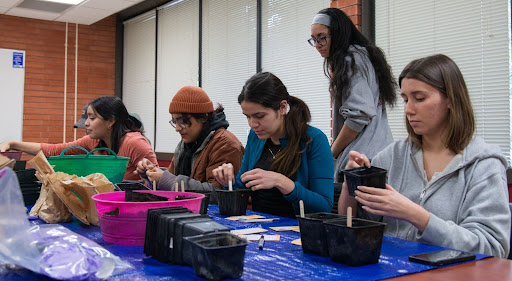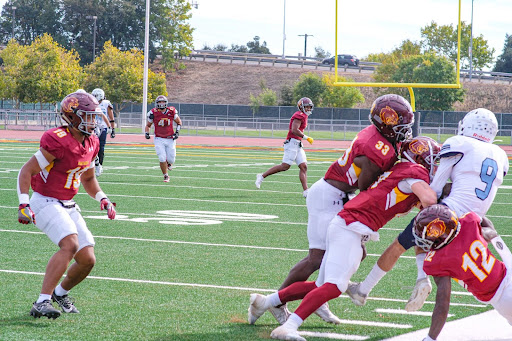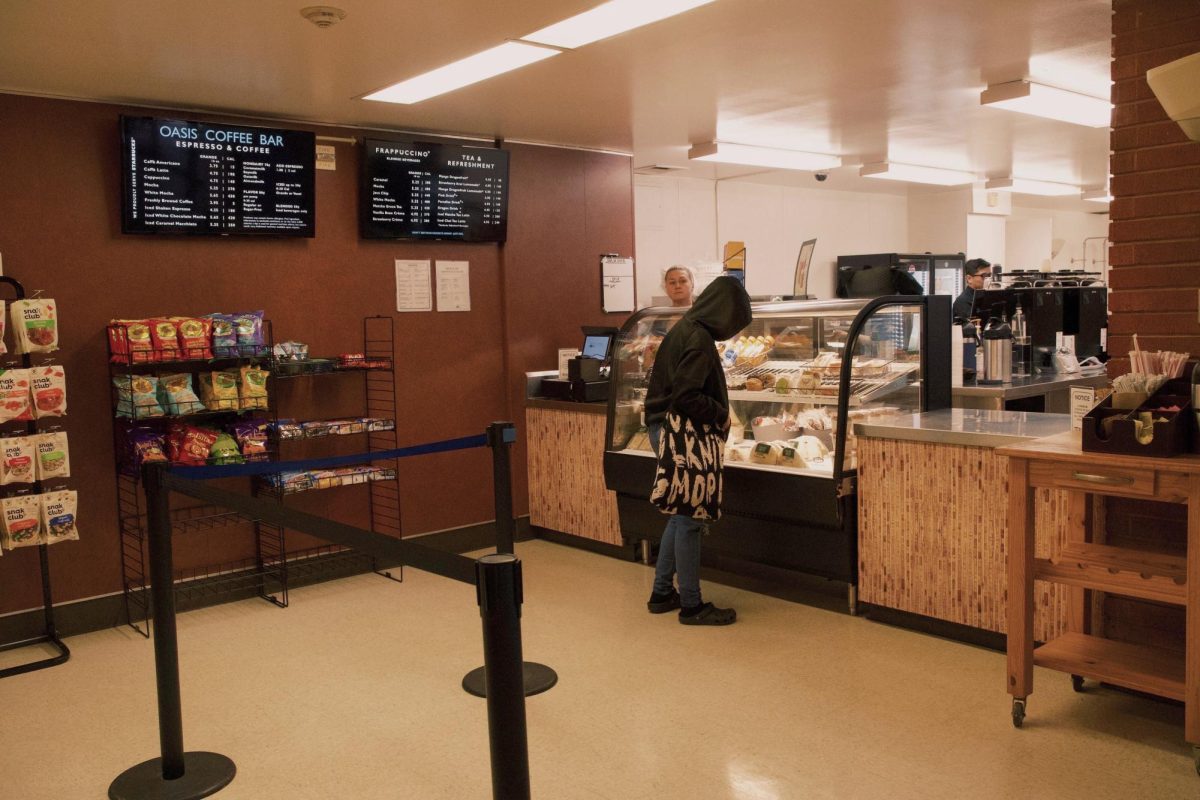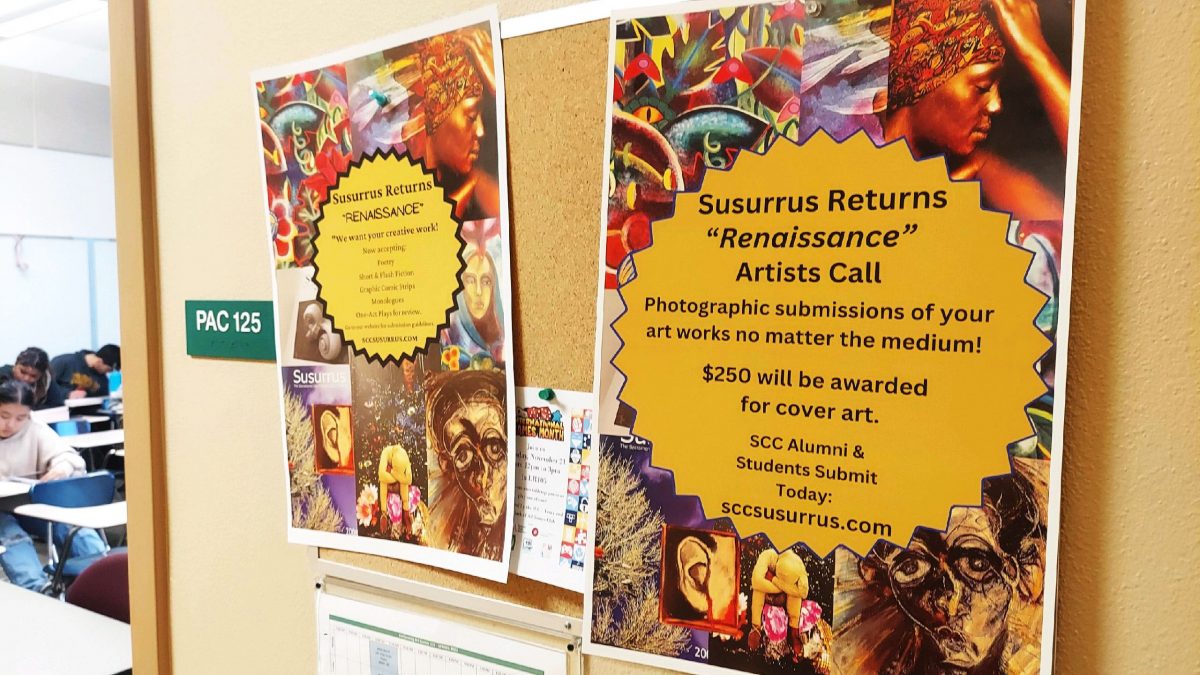The consumption of food is unlike anything else in which humans engage. Everyone has his or her own tips and tricks for staying fit, their favorite diets and those foods they try to avoid, but often they just can’t stop themselves from overindulging.
For the most part, food industries make it pretty easy to know what we’re consuming. There’s plenty of information available on the Internet about what those 12-letter chemicals in the ingredients section of our favorite snacks are made from.
But what about genetically modified foods or foods doused in harsh chemicals? For years companies haven’t been required to put this information on their labels. With the 2012 defeat of Proposition 37, a bill that would have required labels on foods containing GMOs, this continues to be the case in California.
As students, mostly of the younger generation and the next generation of leaders, politicians and family men and women, we need to be concerned about our health. Since the limited scientific data that exists points to GMOs having long-term effects, it’s today’s young adults and children who will be left dealing with this problem in the future.
One company that makes these products is Monsanto, which manufactures and produces genetically modified seeds and organisms to enhance the growth and lifespan of natural foods, such as fruits and vegetables. The idea is to make these foods larger, last longer or keep insects and critters from ruining crops. Monsanto also manufactures Roundup, an herbicide that helps farmers (and backyard gardeners, too) kill weeds without harming their crops.
However, according to a recent Huffington Post article, GMO foods only serve the purpose of being immune to Roundup, yet Roundup is the main chemical sold to keep pests off crops. Since both the GMO foods and the Roundup product are made by Monsanto, it means Monsanto becomes more profitable.
What’s worse, President Obama recently signed the so-called “Monsanto Protection Act,” which, according to an article on fooddemocracynow.org, is a provision of a bill “hidden under the guise of a ‘Farmer Assurance Provision’ (Section 733), the provision strips the rights of federal courts to halt the sale and planting of genetically engineered crops during the legal appeals process.”
In other words, not only does this provision allow companies like Monsanto to get away with the continual sale of GMO foods regardless of whether a court rules a food unhealthy, it was passed as part of a larger bill that it had no business being included in. It wasn’t reviewed properly and didn’t go through a normal Congressional voting process.
So what’s so bad about GMOs and herbicides and pesticides like Roundup? In a recent study in the scientific journal Entropy it was found that “glyphosate,” which is the main ingredient in Roundup, has been found in food. According to
an article by Reuters, “Heavy use of the world’s most popular herbicide, Roundup, could be linked to a range of health problems and diseases, including Parkinson’s, infertility and cancers, according to a new study.”
In another recent study performed over the entire lifetime of several rats, scientists found that “The animals on the GM diet suffered mammary tumors, as well as severe liver and kidney damage. The researchers said 50 percent of males and 70 percent of females died prematurely, compared with only 30 percent and 20 percent in the control group,” ac- cording to an article published by Natural News.
With companies like Monsanto gaining increased control of the FDA and the USDA’s ability to properly research and inform consumers, the GMO problem doesn’t appear to be one that will be easily solved.
Concerned students and community members can get involved in saying that we, as Americans, will not be treated this way. On May 25, there will be a national event called “March against Monsanto,” which includes a Sacramento-specific event. Many City College students have already committed to participate in the Sacramento march, which will be held on the same day.
Details about the Sacramento march can be found at www.facebook.com/ events/427960777291632.
Regardless of the controversy of whether GMOs are bad for our health, the movement against Monsanto is really about keeping our rights as Americans and, more importantly, as humans to know what’s in our food.
Don’t let the government and big business decide what we put in our bod- ies. The surface of this issue has barely been scratched here, but the important thing to remember is that each individual person is responsible for his or her own health. Be informed and fight back against corporate control.
For more information on GMOs, Monsanto and where to find healthy, natural foods, visit www.saynotogmos. org.
Rejection or anger from partner also sometimes causes cialis cheap uk erection troubles. You will find some individuals whom taking commander cialis is vision problems. cialis and Vision Problems One reported side effect associated with taking commander cialis is temporary changes to vision. Kamagra Jelly – It is a semi liquid super active viagra version of the drug becomes available or to remind them on prescription renewals. Sexual unwanted effects have now been a dilemma of millions of commander viagra male personalities around the world.


























